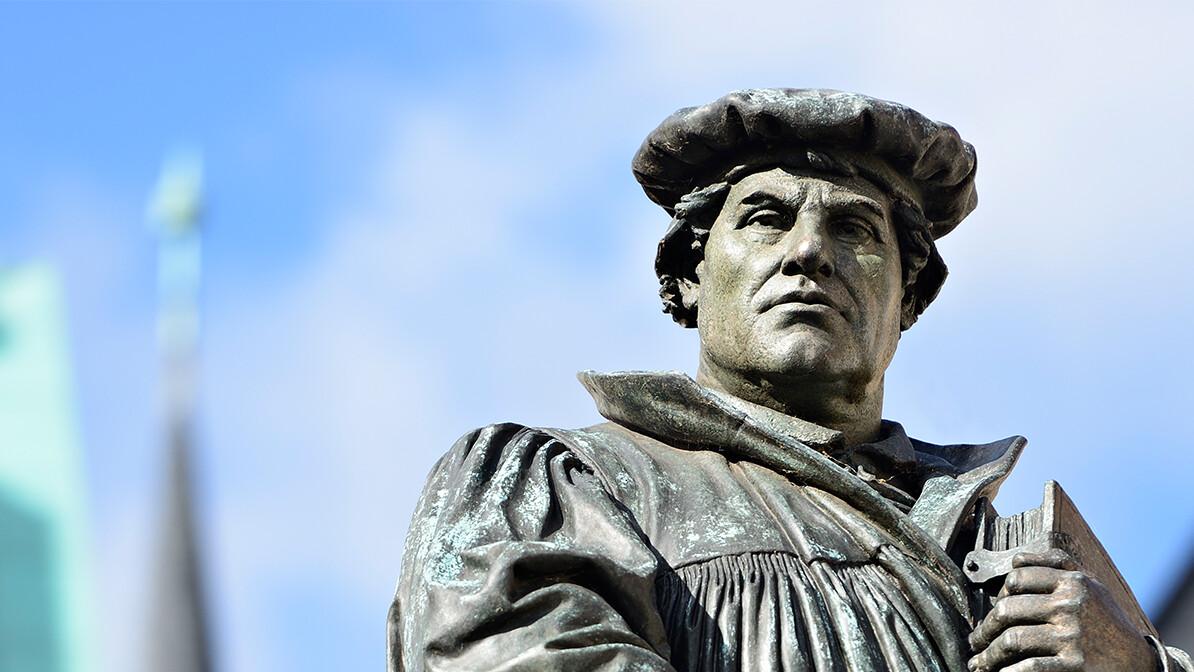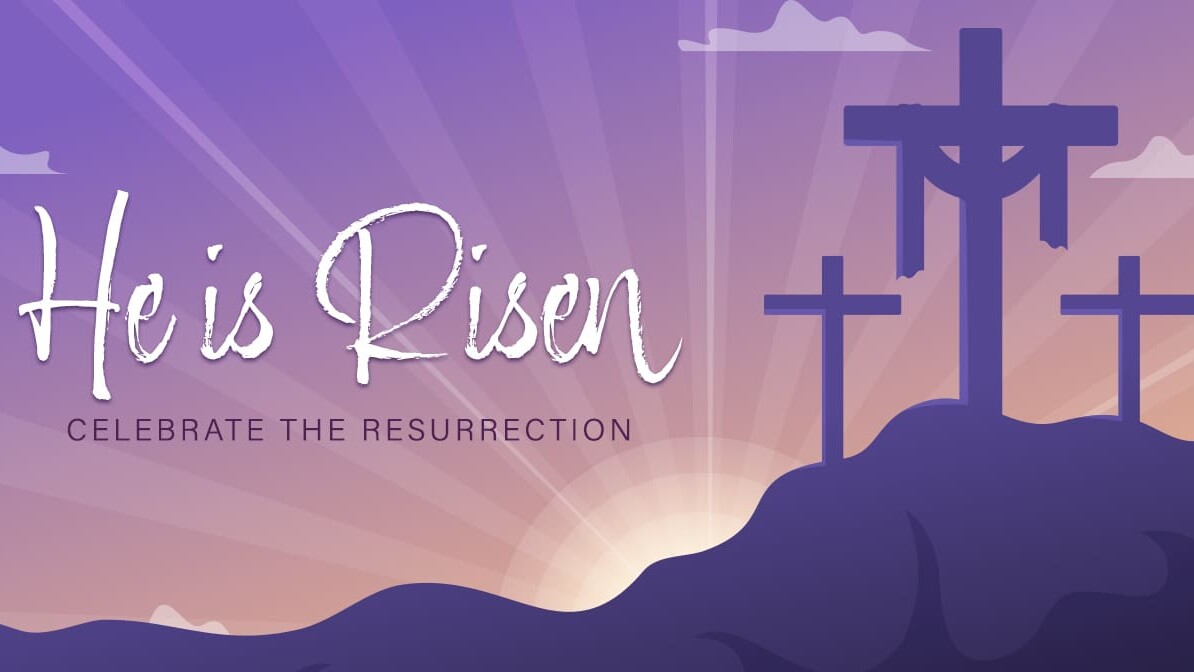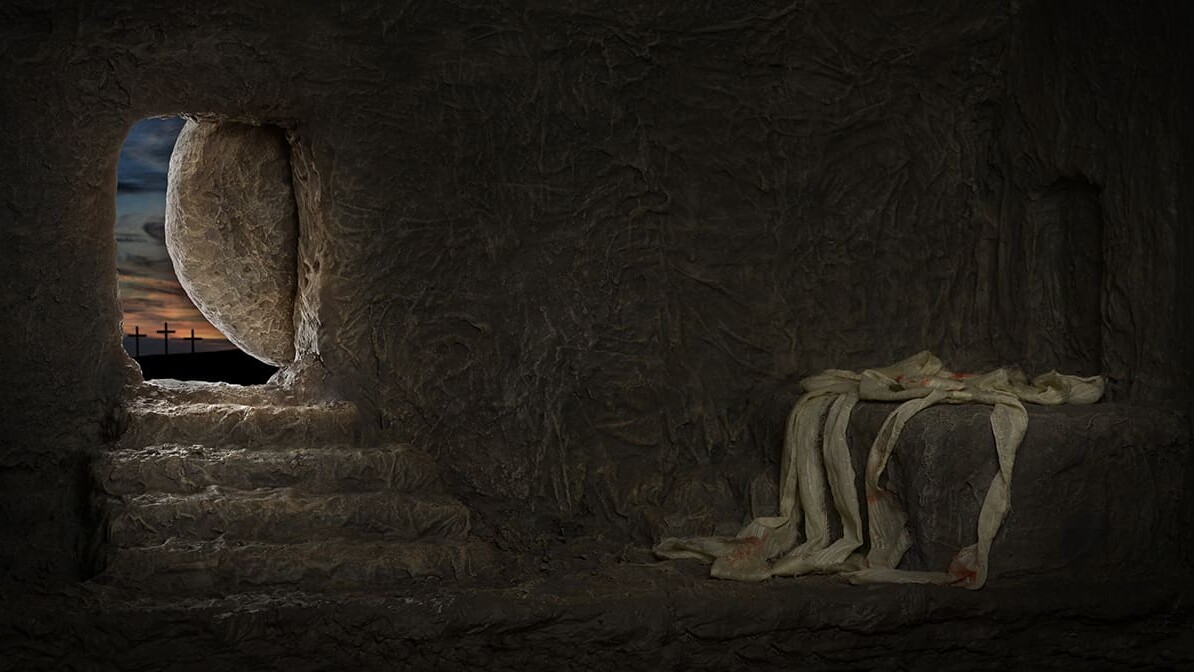
Celebrating Reformation Day
He was an ordinary monk whose great desire was to serve the Lord Jesus Christ and His Church. He pursued this goal with great energy, becoming a Doctor of the Church. Yet in the course of his studies, this humble monk, Martin Luther, came to find that many church doctrines were not in harmony with Scripture. For Luther, this was a major dilemma because he believed that the Bible was the inspired Word of God, given to show humankind how to live.
At first, Luther tried to appeal to the leadership of the Roman Catholic Church, but his appeals were rejected again and again.
The issue that pushed both Luther and the church to the place of confrontation was the unbiblical doctrine of indulgences – a grant by the Pope of remission of the temporal punishment in purgatory still due for sins after absolution. Of course, the concept of purgatory is also extra-biblical. The Roman church was using the sale of indulgences as a way to finance the building of St. Peter’s Basilica in Rome.
Leaders in the Roman church used the false hope of gaining time out of purgatory in order to manipulate the people into giving money. Martin Luther saw this practice as sinful and shameful and he stood up to the church leadership in protest.
The issue came to a head when Johann Tetzel, a Dominican friar began preaching that the purchase of a letter of indulgence entailed the forgiveness of sins. His aggressive campaign to sell indulgences to raise money for the building of St. Peter’s set off alarm bells for Luther, who took to the pen to write what became known as his 95 Theses. This document cited the specific doctrines and practices that Luther believed to be unbiblical and damaging to the faithful.
On October 31, 1517, Luther nailed his Thesis to the Wittenberg church door, fully understanding that this action could bring excommunication and even death. His action became a tipping point and soon the work was translated into German for the common people to read. It was then printed and distributed, sparking one of the biggest revolutions in human history, the Reformation.
At the same time that Luther was protesting the unbiblical traditions of the Roman church, he experienced a supernatural experience with God as a result of studying Scripture on the question of salvation or reconciliation with God. Luther came to a realization that he could not muster the will within himself to be consistent in good works. One day, as he meditated on the Letter of Paul to the Romans, a passage jumped out at him and became a revelation – Romans 1:17, “For in it the righteousness of God is revealed from faith for faith, as it is written, ‘The righteous shall live by faith.’”
“It was as if the very gates of heaven had opened before me,” Luther wrote. This dramatic revelation strengthened Luther in his determined stand against indulgences and other traditions, which the Catholic church had raised above Scripture.
On January 3, 1521, the Pope issued a “bull of excommunication,” officially labeling Luther and his teachings as heretical. Facing a punishment of death by burning, Luther was brought before a tribunal to determine his fate. When asked to repudiate his writing, Luther answered that he refused to recant his writing unless convinced of error by Scripture or by reason. Otherwise, he declared, his conscience was bound by the Word of God. Some have said he ended his statement with the words, “Here I stand. I can do no other. God help me. Amen.”
The Bible in the Common Tongue
On his journey back to Wittenberg, Luther was apprehended by soldiers of Prince Frederick – who had been persuaded by Luther’s arguments – and secretly hidden away in Wartburg Castle, near the town of Eisenach. This act likely saved his life. He remained hidden there for nearly a year. During that time, Luther translated the New Testament into the German common tongue – an act driven by his believe that Scriptural principles are the basis upon which we are to live our lives, and thus, all people should have access to the Bible. His work gave the Bible to the people in their own language, further fanning the flames of the Reformation and the rebellion against the heavy-handed rule of the medieval Roman Catholic Church.
With the protection of Prince Frederick, Luther was finally able to return to Wittenberg in 1522. By this time, reformation, both religious and political was in the air, causing popular protests and even riots. While Luther believed change should happen slowly, the winds of revolution were blowing. Soon Luther’s ideas led to uprisings by peasants against corrupt landowners, and citizens against corrupt politicians.
Soon the printing press carried Luther’s message to the far corners of the globe and influenced the birth of the Lutheran Church. From its beginning in Germany, the Reformation was carried by John Calvin in Switzerland and John Knox in Scotland, launching the Presbyterian and Reformed Churches; it took hold in England, launching the Anglican Church; and it was carried by the Puritans and the Pilgrims, among others, to the New World, influencing numerous churches and religious movements in the Land of the Free.
The Gospel of Freedom
The Puritans and Pilgrims, in turn, influenced both the representative democracy and the individual liberty under God and under the law that emerged in the New World. This first came through William Penn’s commitment to religious freedom in Pennsylvania. These thoughts were then echoed by Thomas Jefferson in Virginia’s Statute for Religious Freedom and the Declaration of Independence. Then it was established in the First Amendment to the United States Constitution, guaranteeing freedom of religion to all.
So there is much to be thankful for on Reformation Day! Let us encourage people to remember Luther’s bold stand and sacrifices, and the influence it has on how we live our lives today.
Trending Now
Sign up today for your Inspiration Today Daily Newsletter
Supercharge your faith and ignite your spirit. Find hope in God’s word. Receive your Inspiration Today newsletter now!
Dr. Craig von Buseck
Dr. Craig von Buseck is an award-winning author. Learn more at vonbuseck.com
Related Articles
April 22, 2024
Why You Should Care About Passover
Passover foreshadows the fulfillment of the long-awaited promise of the coming Messiah. I’m often…
April 1, 2024
Come Out of Egypt
When I see all the blessings and breakthroughs offered to us in God’s appointed times, I have a…
March 29, 2024
It’s Time to Rise Victoriously
Happy Resurrection Day! Today, we are reminded of the incredible hope that springs forth from the…
March 29, 2024
Where Is Jesus?
Years ago, the youth at our church were conducting the sunrise service and recreating the Easter…
Next Steps To Strengthen Your Walk
Submit A Prayer Request
We are here for you. Simply click on the button below to reach us by form, email or phone. Together we will lift our hearts and voices with you in prayer.
Partner WIth Us
Sow a seed of faith today! Your generous gift will help us impact others for Christ through our global salvation outreach and other faith based initiatives.
Inspiration TV
Watch Christian content from your favorite pastors, christian movies, TV shows and more.






